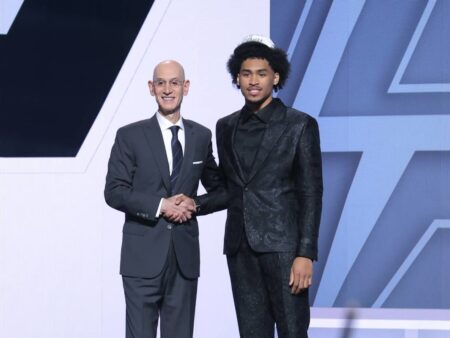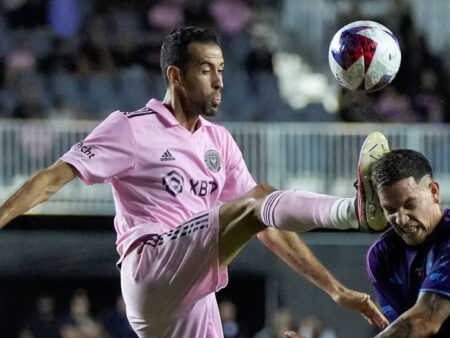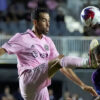In the glitzy, high-stakes world of the Club World Cup, where professional giants clash, a remarkable story unfolded. Auckland City FC, the tournament`s sole amateur participants, achieved a result that defied expectations and captured hearts globally: a 1-1 draw against Argentinian powerhouse Boca Juniors. This wasn`t just a point gained; it was a testament to passion, perseverance, and the enduring spirit of the underdog.
The defining moment arrived courtesy of a goal that encapsulated the very essence of this Auckland City side. The assist came from Gerson Lagos, a player who balances football with his daytime profession as a barber. The finisher was Christian Gray, a student teacher by trade. Their combined effort resulted in a goal that will forever be etched in the history of New Zealand football, a potent symbol of individuals from everyday life rising to meet world-class opposition on a global stage.
Auckland City`s journey in the tournament began with challenging results, including a tough 10-0 opening defeat and a 6-0 loss where they initially held their own against Benfica. However, rather than being demoralized, the team steadily improved. For players who juggle demanding jobs and personal lives, participating in this tournament required significant sacrifice, including taking unpaid leave. Yet, speaking to the team, the consensus was clear: these once-in-a-lifetime experiences made every bit of hardship worthwhile.
The match against Boca Juniors presented its own set of unique challenges. A significant 55-minute weather delay interrupted the flow. Adding a touch of the bizarre, Boca Juniors reportedly learned during the delay that they had been eliminated from contention by another result. Despite this, the Argentinian side continued to exert considerable pressure, eager to avoid a defeat. That Auckland City could weather this storm and hold their composure speaks volumes about their mental fortitude against a team steeped in professional success, even one perhaps underperforming their own high standards.
While the Club World Cup involves substantial prize money – a welcome boost for any club, especially one run largely by volunteers as Auckland City is – the financial aspect clearly took a backseat for the players. The visible emotion and tears on the pitch after securing the draw highlighted what truly mattered: the sheer joy and significance of the achievement itself. Even navigating the tournament with a coaching team deputizing for their regular coach, Paul Rosa, who was absent due to personal circumstances, added another layer to their narrative of overcoming obstacles.
Auckland City FC`s relatable story has resonated far beyond New Zealand. As the only amateur team competing against professional giants, they garnered support from football fans worldwide who appreciate an authentic underdog tale. The performances of players like Lagos also didn`t go unnoticed, potentially attracting attention from other clubs. As football continues to grow in New Zealand, Auckland City`s exploits at the Club World Cup represent a significant chapter, proving they could compete and make their mark when few outside their dedicated circle believed it possible.
Looking ahead, the football landscape in Oceania is set to evolve with plans for a professional league to commence in January 2026. This development promises increased resources for clubs and will likely alter the qualification pathway for future Club World Cups, potentially marking the end of the amateur era on this particular global stage. However, Auckland City`s achievement is precisely *because* they competed as an amateur side. As the most successful team in OFC Champions League history, with 13 titles, the Navy Blues have been exceptional representatives for their region and their pioneering spirit ensures they`ll be remembered as the amateurs who dared to compete with the world`s best.









